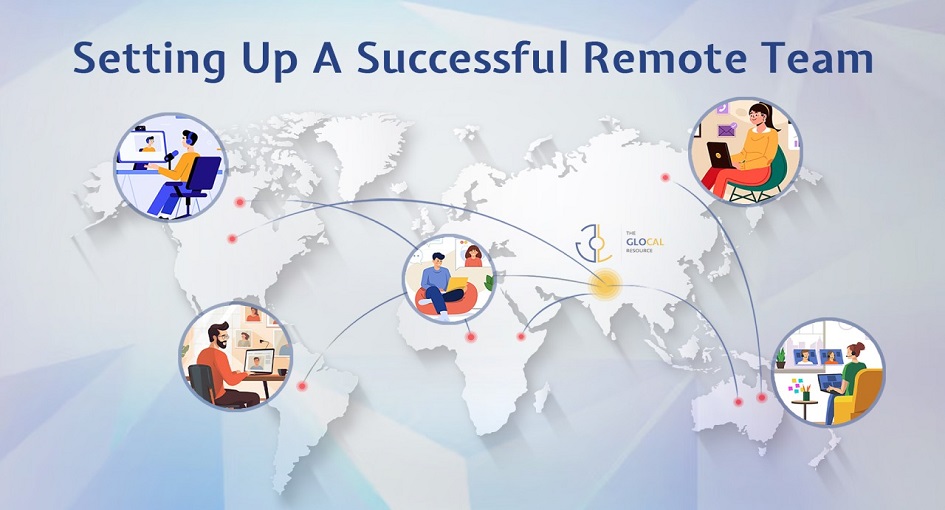
With the rise of remote work, more and more companies are building virtual teams to stay competitive and attract top talent from around the world. However, managing a remote team comes with its own set of challenges, including communication barriers, lack of team cohesion, and potential for misalignment. In this article, we’ll explore some strategies for building and managing a successful remote team.
Set Clear Expectations and Goals
Setting clear expectations and goals is critical for remote teams. Ensure that team members understand their roles and responsibilities, and establish clear performance metrics and deadlines. This will help to ensure that everyone is working towards the same goals and that there is a shared understanding of what success looks like.
Establish Effective Communication Channels
Effective communication is key for remote teams. Establish regular communication channels, such as daily or weekly team meetings, and encourage team members to share updates, feedback, and ideas. Consider using video conferencing tools to enhance communication and facilitate face-to-face interactions. It’s also important to establish clear protocols for responding to emails and messages to ensure that everyone stays on the same page.


Foster a Positive Team Culture
Building a positive team culture is important for remote teams to promote a sense of cohesion and belonging. Encourage team members to get to know each other, whether through regular check-ins or virtual team-building activities. Establish shared values and a sense of purpose that can guide the team’s work and help everyone feel invested in the team’s success.
Invest in Technology and Infrastructure
Remote teams rely heavily on technology and infrastructure to stay connected and productive. Invest in the tools and systems that your team needs to work effectively, such as project management software, cloud-based storage, and communication tools. Ensure that everyone has access to the necessary hardware and software, and consider providing training and support to help team members use these tools effectively.
Prioritize Results and Outputs
Remote work provides greater flexibility and autonomy for team members, but it’s important to prioritize results and outputs to ensure that everyone stays focused on the team’s goals. Consider setting clear expectations for deliverables and outcomes, and be prepared to provide feedback and support to help team members meet these goals. This will help to ensure that everyone is working towards the same objectives and that the team is delivering high-quality results.
Provide Support and Recognition
Working remotely can be isolating at times, so it’s important to provide support and recognition to help team members stay motivated and engaged. Offer regular feedback and coaching to help team members improve their performance, and recognize individual and team achievements to celebrate successes and build morale. Consider offering opportunities for professional development and growth to help team members continue to develop their skills and advance their careers.
It’s also important to recognize that remote work can be challenging for some team members, particularly those who are used to working in a traditional office environment. Be sensitive to the needs of your team members and be prepared to provide additional support or resources to help them adjust to working remotely.
Additionally, it’s important to be mindful of time zone differences when working with a remote team. Schedule meetings and deadlines that are convenient for everyone and ensure that everyone has the necessary time to complete their tasks.
Finally, don’t forget to celebrate the successes and milestones of your remote team. Whether it’s completing a project ahead of schedule or hitting a revenue goal, recognizing and celebrating these achievements can help to build team morale and strengthen the sense of community among your team members.
In summary, building and managing a successful remote team requires a proactive approach and a willingness to adapt to new challenges. By implementing the strategies outlined above, you can create a productive, cohesive, and successful remote team that can thrive in a virtual environment. Remember to stay flexible, communicate regularly, and prioritize team cohesion and individual growth, and you’ll be well on your way to building a thriving remote team.
In conclusion, building and managing a successful remote team requires careful planning and execution. By setting clear expectations and goals, establishing effective communication channels, fostering a positive team culture, investing in technology and infrastructure, prioritizing results and outputs, and providing support and recognition, you can overcome the challenges of remote work and build a cohesive and successful team. Good luck!